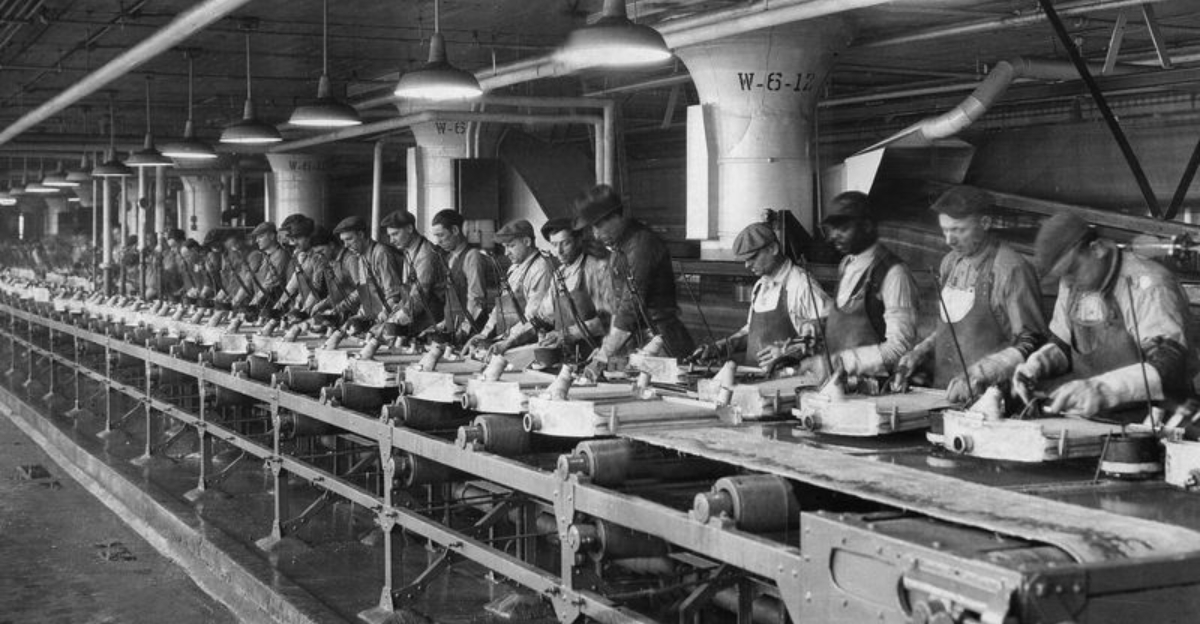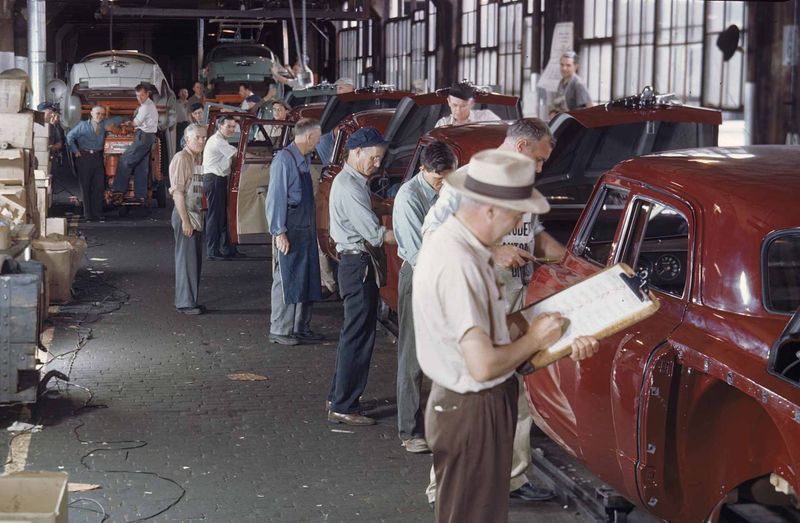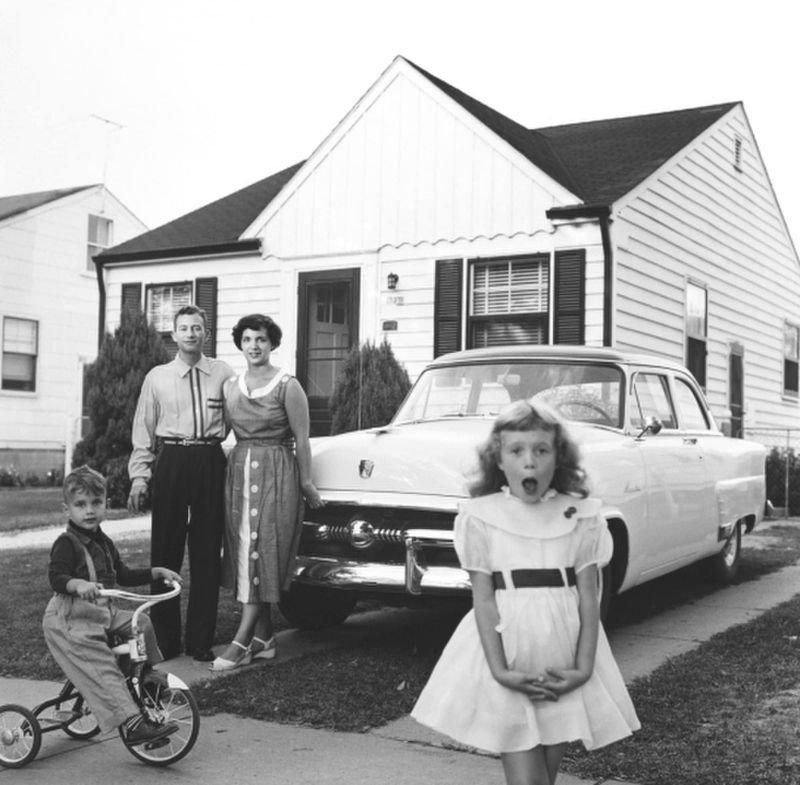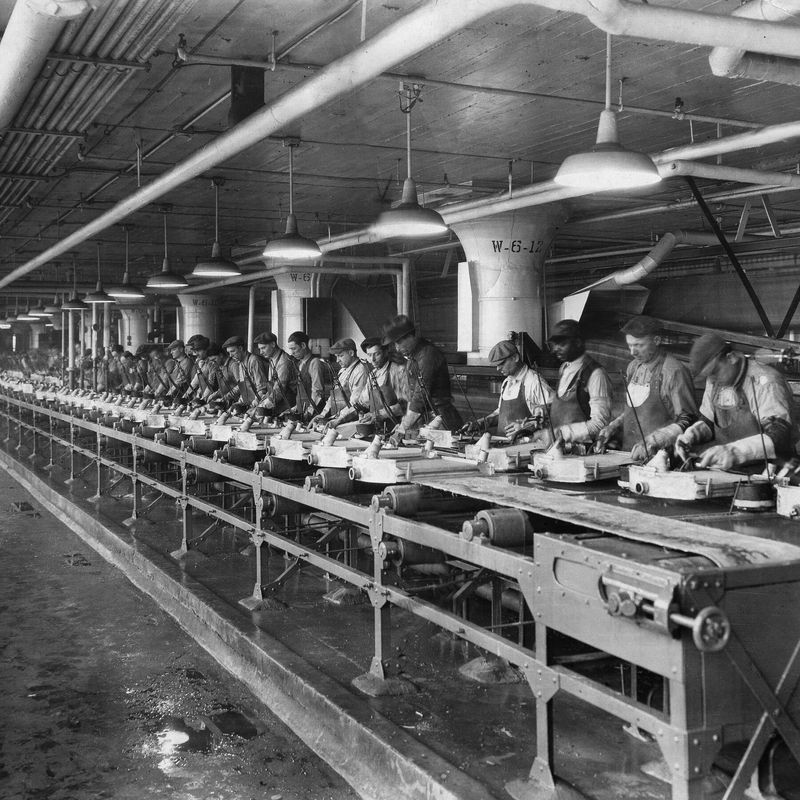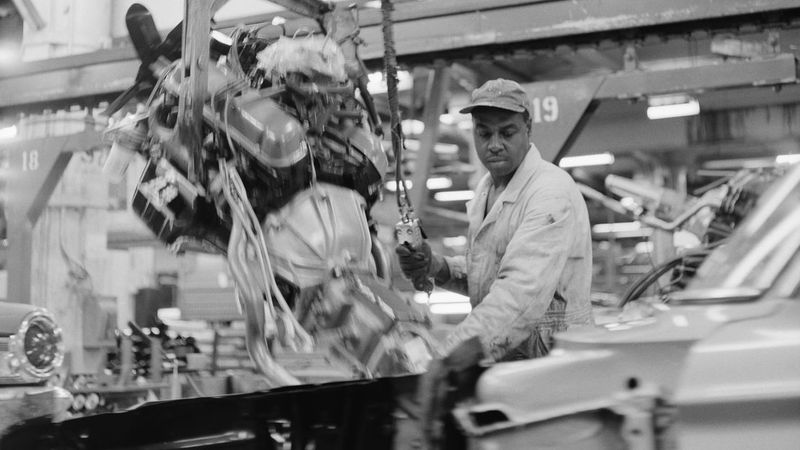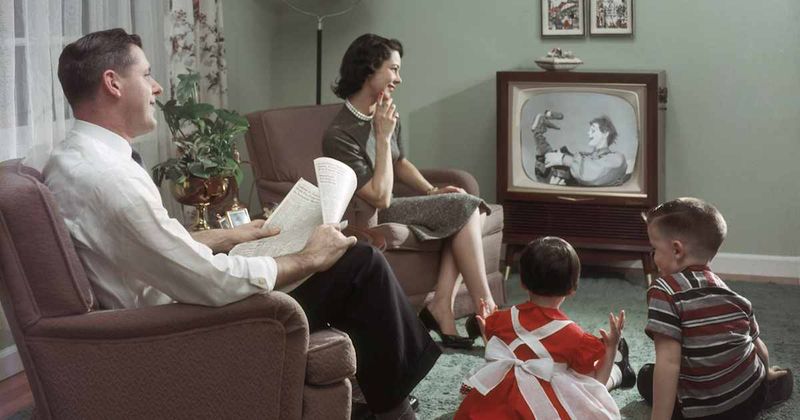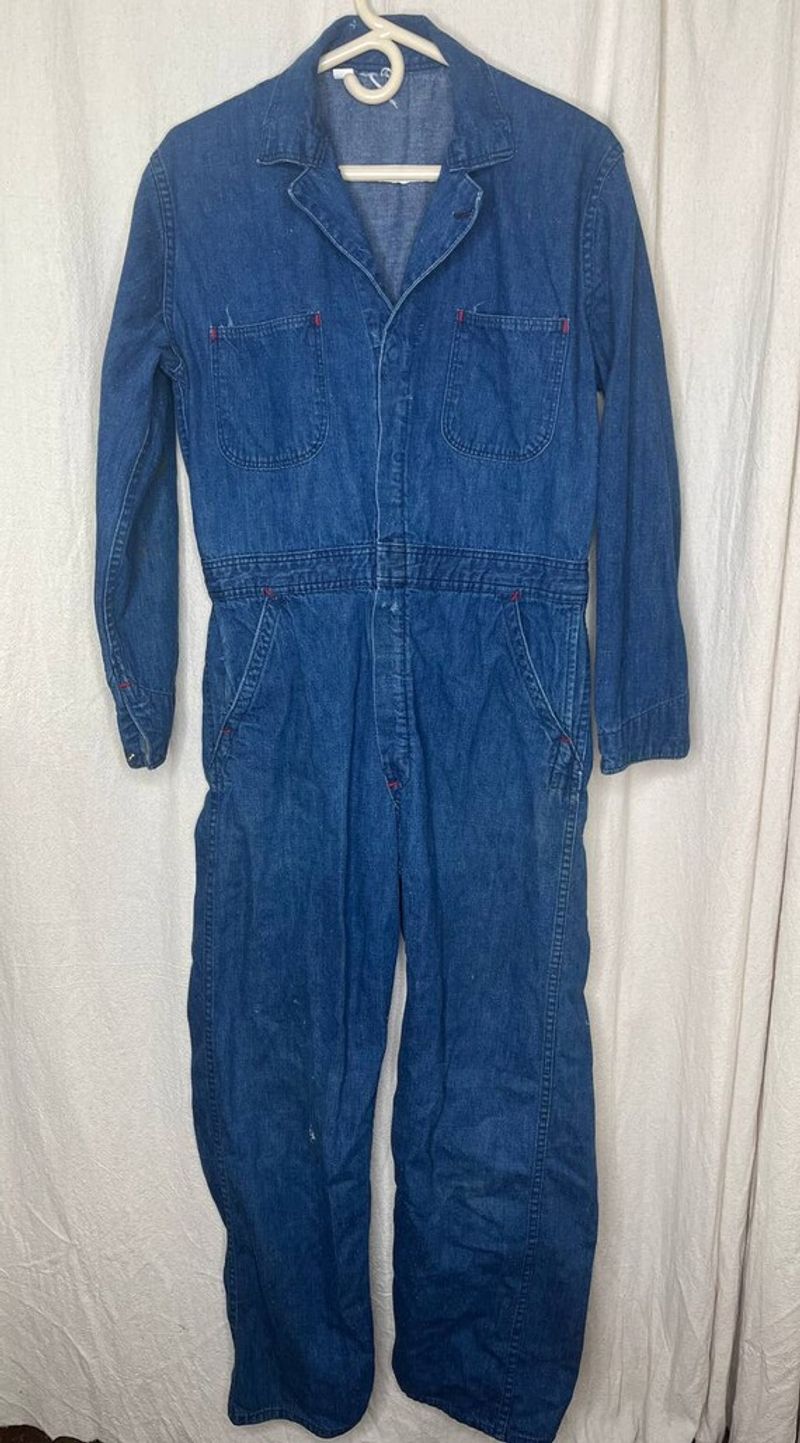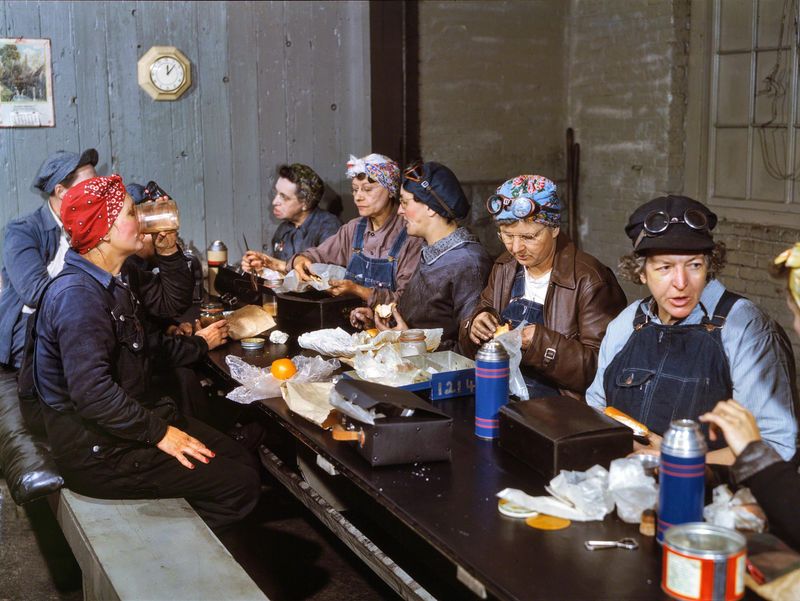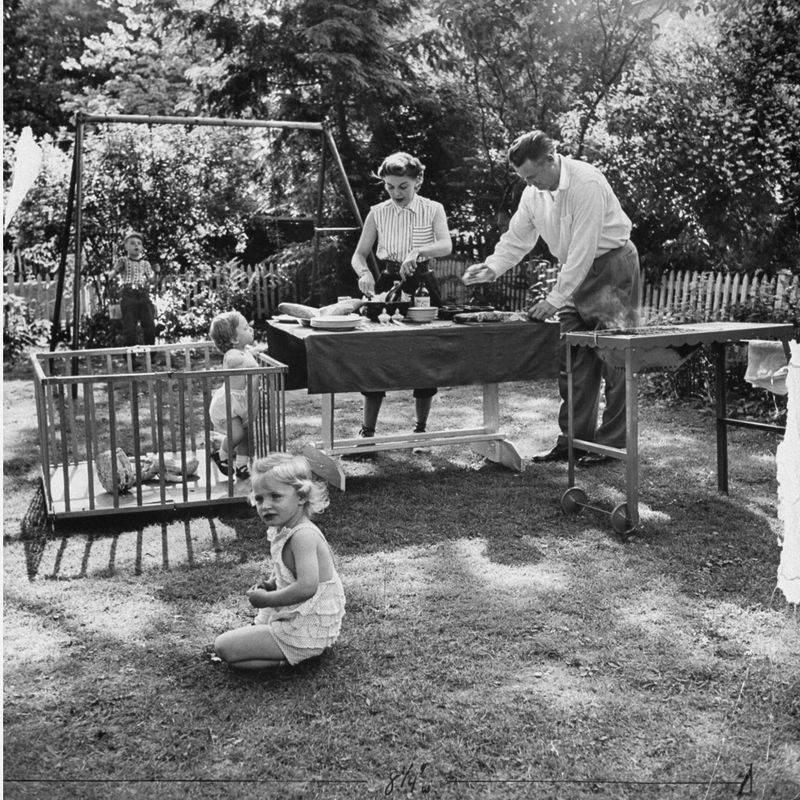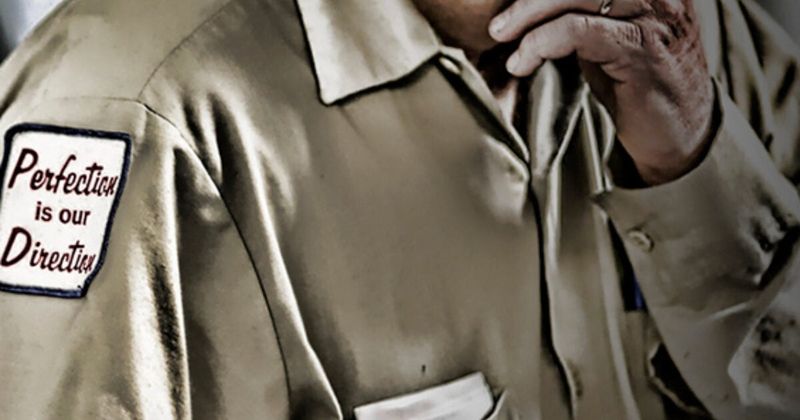The 1950s marked a golden era for America’s blue-collar workers. After World War II, factory jobs, construction work, and skilled trades offered ordinary Americans unprecedented paths to middle-class stability.
These hardworking men and women built the highways, homes, and products that powered the American Century, becoming cultural icons in their own right.
1. You Worked with Your Hands — and Your Heart
Callused palms told stories of dedication in 1950s America. Factory workers, construction crews, and mechanics weren’t just laborers – they were craftsmen taking pride in tangible results.
A finished car rolling off the assembly line or a house standing tall represented personal achievement. For these workers, sweat-soaked shirts weren’t embarrassments but badges of honor earned through honest effort.
2. Your Job Meant Stability and Respect
A steady union job transformed lives in postwar America. Families who once worried about their next meal now purchased modest homes in growing suburbs and planned for their children’s futures.
The neighborhood mailman, factory foreman, or local electrician commanded genuine community respect. These weren’t just jobs – they were respected positions that allowed workers to hold their heads high while providing security previously unimaginable to working-class families.
3. You Were Part of a Brotherhood
“Got your back” wasn’t just a saying – it was the unwritten code of the factory floor. Men who might never share feelings openly would risk jobs defending a colleague treated unfairly.
Lunchtime card games and after-shift beers built bonds that lasted decades. When tragedy struck a worker’s family, collection hats passed through break rooms gathered what was needed. This solidarity created a powerful sense of belonging beyond mere employment.
4. Your Work Fueled the American Boom
America’s economic miracle had dirt under its fingernails. The hands that operated drill presses and welding torches transformed raw materials into the cars, appliances, and infrastructure that defined postwar prosperity.
Detroit’s assembly lines churned out gleaming automobiles while construction crews raised suburbs overnight. Behind every economic statistic stood millions of lunch-pail heroes whose combined efforts created the greatest middle-class expansion in history.
5. You Put Family First
“Bringing home the bacon” carried profound meaning in blue-collar households. Fathers often worked punishing hours not for personal gain but to see their children thrive with opportunities they never had.
Saturday mornings meant Little League games or fishing trips with kids after a grueling workweek. Many mothers balanced household management with part-time jobs, creating warm homes despite limited means. These sacrifices weren’t viewed as hardships but as natural expressions of devotion.
6. You Dressed for Function, Not Fashion
Long before workwear became trendy, blue-collar Americans wore sturdy clothing built for purpose. Dickies work pants, flannel shirts, and steel-toed boots weren’t fashion statements but essential tools.
Lunch pails and thermoses traveled daily to construction sites and factory floors. A man’s cap, often bearing a company logo, might be worn for years until threadbare. These practical garments reflected values of durability and function over fleeting style.
7. Your Union Card Was a Shield
The small card tucked in millions of wallets represented hard-won protection. At their peak, unions enrolled nearly 35% of American workers, securing unprecedented gains in wages, safety standards, and benefits.
Wildcat strikes and picket lines weren’t undertaken lightly but reflected deep commitment to workplace dignity. Union halls became community centers where workers gathered for everything from contract votes to holiday parties, strengthening both workplace solidarity and neighborhood bonds.
8. You Took Pride in a Simple Lunch
Metal lunch pails opening across America revealed humble but satisfying meals. Bologna sandwiches wrapped in wax paper, homemade cookies, and thermoses of hot coffee fueled the nation’s productivity.
Lunchtime conversations ranged from baseball scores to hunting stories. Workers often gathered in groups, sharing food and laughter before returning to noisy machinery. These brief respites strengthened workplace bonds while providing necessary physical sustenance for demanding labor.
9. You Unwound with Radio or Backyard BBQs
After punching out, simple pleasures awaited blue-collar heroes. Families gathered around radios for baseball broadcasts or favorite programs while neighborhood cookouts featured burgers and cold beer.
Weekend fishing trips or bowling leagues provided affordable recreation. Many men maintained vegetable gardens or tinkered with cars in driveways, finding satisfaction in productive hobbies. These unpretentious activities created genuine community connections while offering respite from physical labor.
10. You Believed in Earning Your Way
“An honest day’s work for an honest day’s pay” wasn’t just a slogan – it formed the moral backbone of blue-collar America. Workers took immense pride in supporting themselves without handouts, even when circumstances grew difficult.
This ethic extended beyond work to community service and neighborly assistance. When someone’s house needed repairs or a car wouldn’t start, skilled hands appeared to help. This culture of self-reliance balanced with generosity defined an entire generation’s approach to life.
